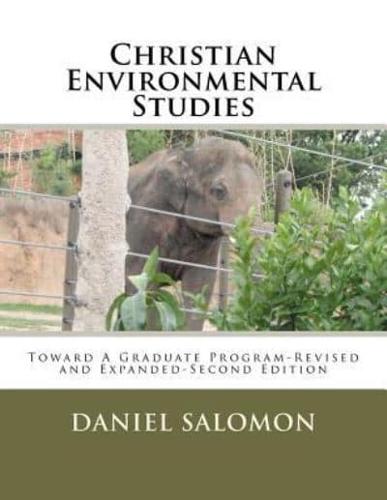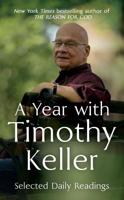Publisher's Synopsis
Daniel Salomon unveils a "makeover" of his earlier concept--- a proposed Master of Arts Program in Christian Environmental Studies which is full, in-residency, accredited, non-secular, Christocentric, and life-affirming. With refined syllabuses and readings, a more user-friendly format and a proposal for a faith-based school of the environment, Salomon incoroperates new insights, new resources, new breakthroughs in the feild and over five years of hard-won professional experience. Showing why existing programs are insufficient and getting beyond just trying to convert Christians to environmentalism, Christian Environmental Studies helps people, once they are on board with the Christian environmental "bandwagon," steady the course. Christian Environmental Studies is for anyone who wants to deepen and live-out their ecological commitments and is especially targeted towards Christian academics and administrators at seminaries, theological schools, divinity schools, and Christian colleges and universities, who want to address the environment, but are not quite sure how to do it. At heart, Christian Environmental Studies is a book about Christian environmental leadership. In an issue no more urgent, Salomon continues to talk to the Christian faith community about the need to harness, systematize, and structure their newfound ecological awareness toward creating green social structures in the Body of Christ. Focusing on the sector of Christian academia, Salomon makes the case why Christians need to channel their impetus for global environmental change towards the goal of actualization and realization making ecological commitments systemic and structural to Christiantom. Salomon demonstrates why it is time now to take Christian environmentalism to the next level. It is time more than ever, especially since Christian environmentalism is more and more being adopted by theologians, pastors and even by some secular environmentalists, to get beyond angry sermons and top-down resolutions, to looking at planetary issues more thoughtfully, to empower more colloberation by the laity, to fully welcome the full diversity of the environmental and animal movements, becomming a more coherent, life-affirming ecological voice in the process. Moving the planetary agenda from Sunday worship services to Christian acedemia and involving the laity would reduce political polarization in America, increase ecological commitment and maybe even save community in America.










